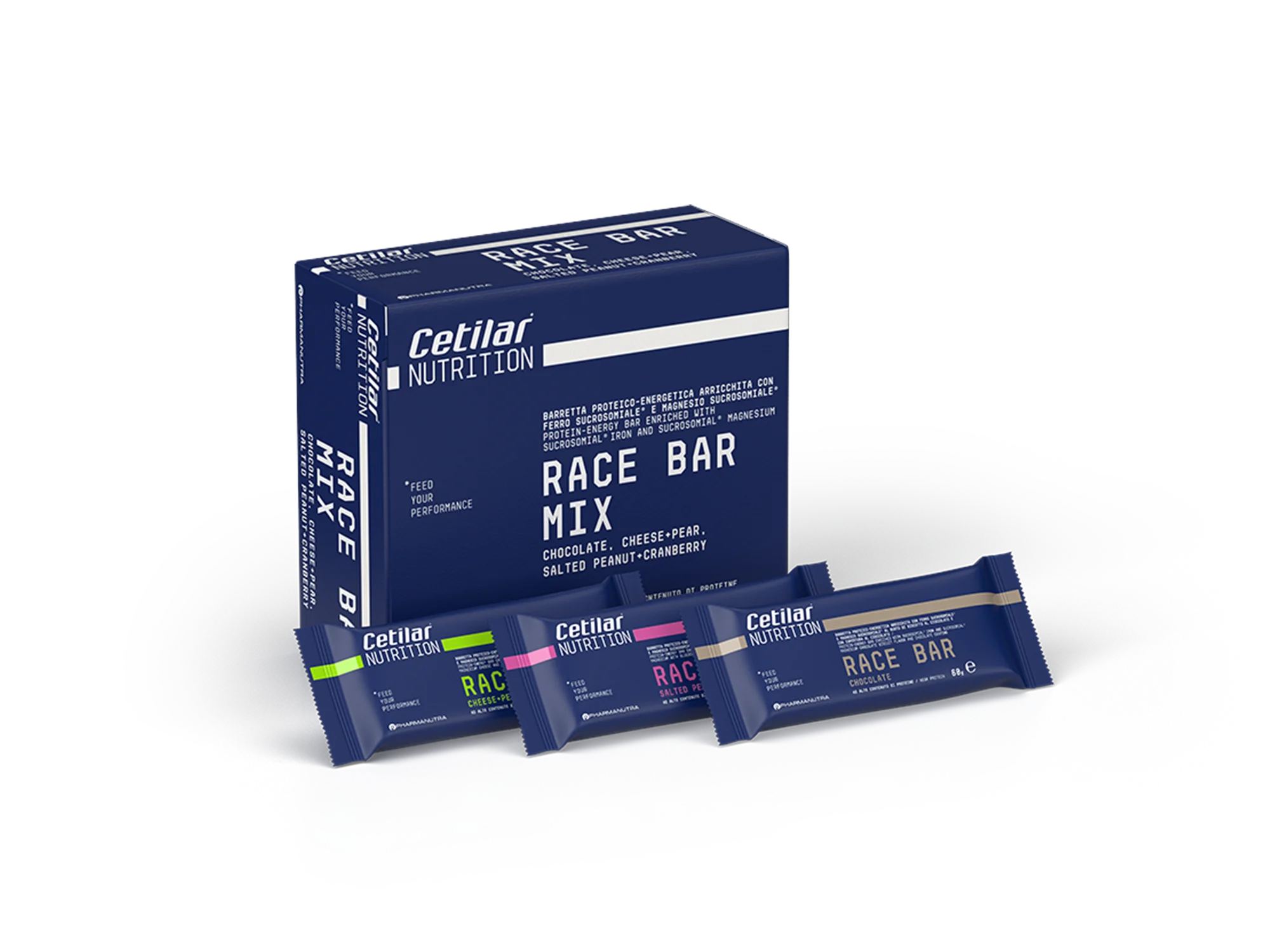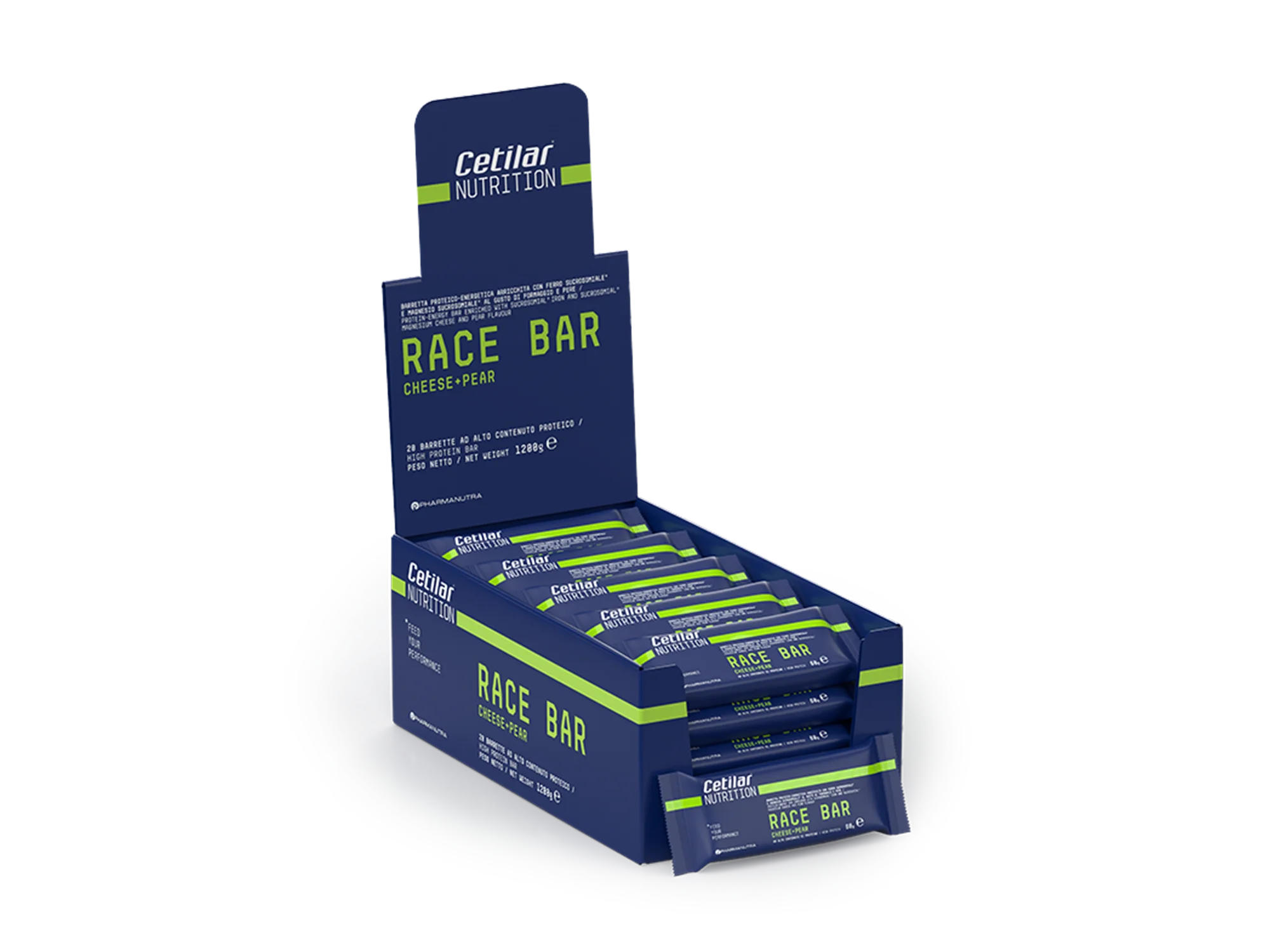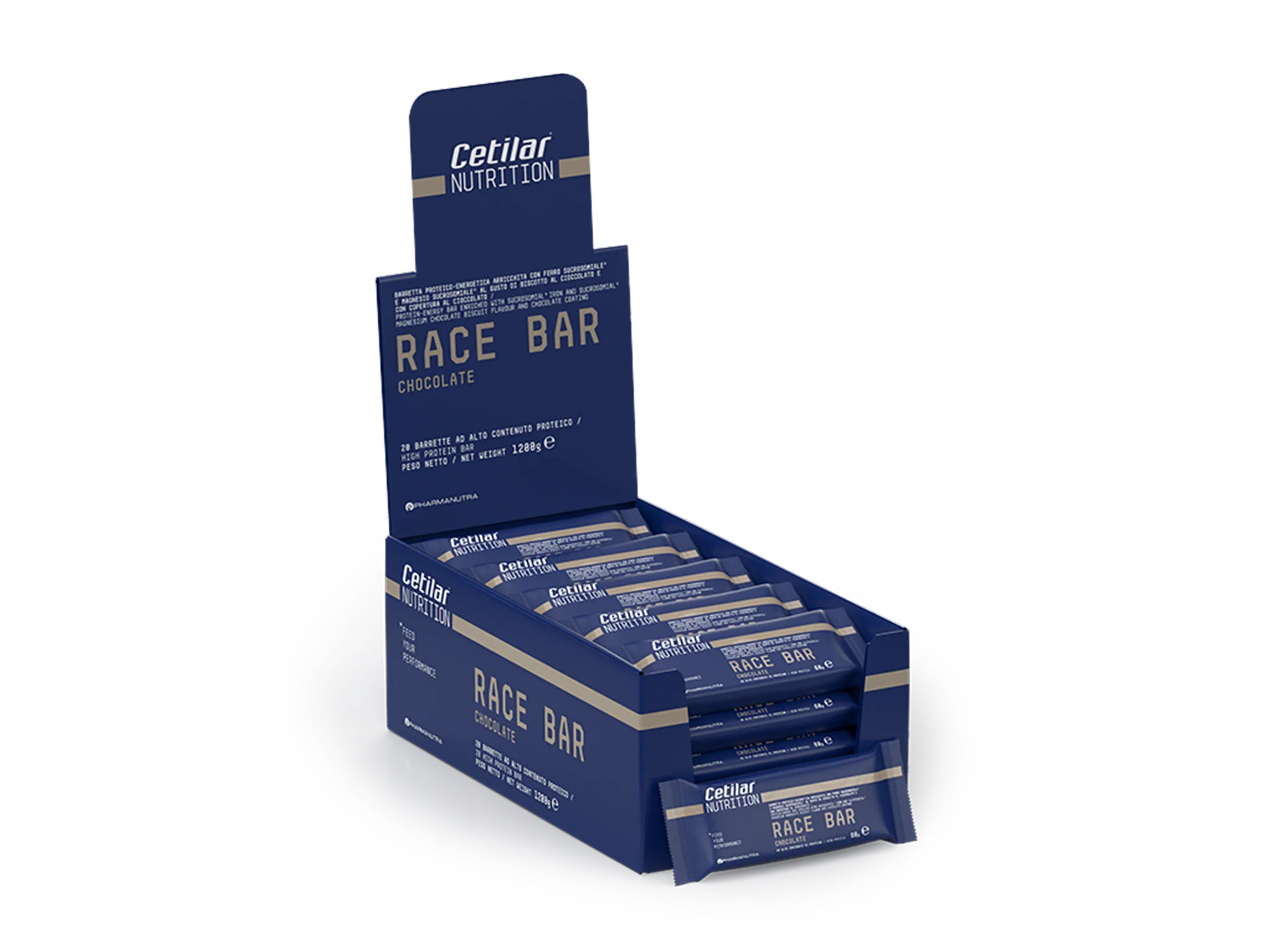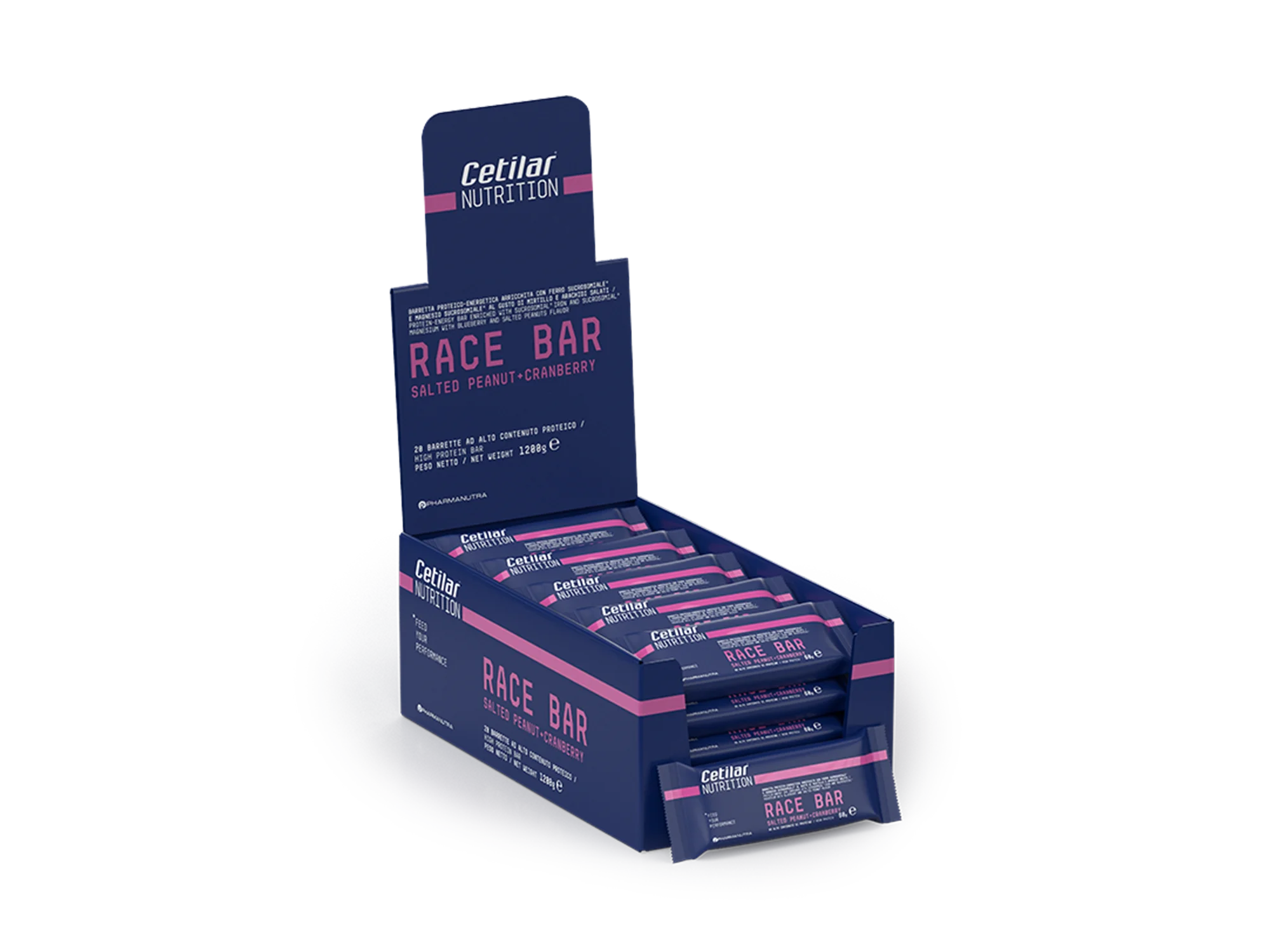Nutrition and hydration for swimmers: how to improve your performance in the water
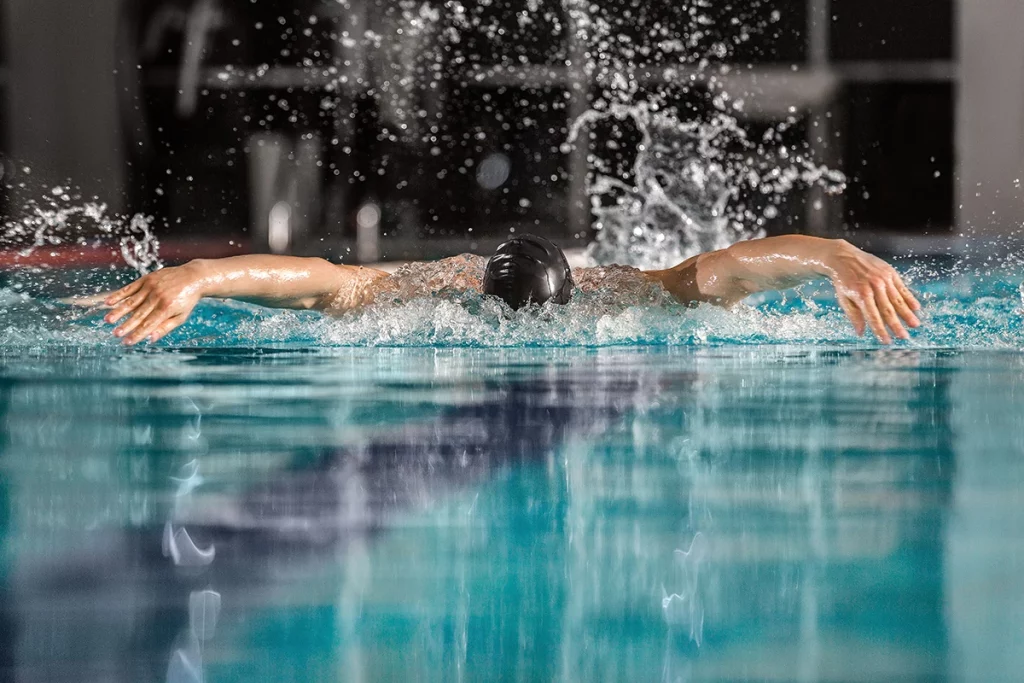
As in any discipline, sports nutrition plays a key role in swimming and all other water sports. In order to improve your performance in the water, you should start by eating a healthy and balanced diet that provides all the macronutrients your body needs. This is because during physical activity in water, athletes consume a significant number of calories: a competitive swimmer can consume as many as 5000 kcal during a day of intense training. This kind of demand for “fuel” is not always easy to satisfy unless your body is supported by adequate sports nutrition and proper hydration. The right kind of sports nutrition is therefore an inseparable part of our training in every respect.
Tips to improve your performance in swimming and water sports
As mentioned, the wrong sports nutrition and hydration can undermine our performance in both swimming and water sports. A first piece of advice, given the high energy consumption required by this physical activity, is to eat small meals at frequent intervals, rather than three big meals a day, which could make you sleepy during training. These meals should also be nutritionally rich and balanced, as they need to satisfy your hunger as well as keep the blood sugar and energy levels required during swimming and water sports balanced. Both carbohydrates, especially complex ones such as bread, pasta and potatoes, and proteins, an essential ingredient especially in the recovery phase, to help repair muscles after physical activity, therefore play a crucial role.
Another requirement that must not be underestimated is hydration, which is essential to guarantee high performance, given that it affects both concentration and energy reserves. The advice is to drink lots of water: before, during and after training.
An ideal meal for swimmers wanting to improve their sporting performance
As we have seen, the ideal meal for an athlete involved in swimming, or other water sports, should therefore combine proteins and carbohydrates. An example of an ideal meal could be eggs accompanied by whole-wheat bread, or pasta and beans or perhaps grilled chicken with boiled potatoes. Important: never forget vegetables, include a portion with every meal, and the “good fats” found in avocados, cashew nuts and extra virgin olive oil. However, the advice is to eat your meal 2-3 hours before getting into the water. Avoid fatty foods and junk foods that strain the digestive system and do not provide the body with any nourishment.
Swimming and water sports: what to eat before and after training
Before you start your workout, but also after training, during the recovery phase, it is essential to supply your body with small protein-based snacks, in order to repair muscles and carbohydrates, to replenish glycogen stores. Ideal snacks include fresh and dried fruit, smoothies, whole grains and protein energy bars.
Cetilar® Nutrition has therefore developed protein-rich bars with a balance of all the macronutrients the body needs (in a balanced 40-30-30 formulation). They are appetising and practical snacks, ideal to eat before training and after physical activity, given that the two minerals they contain: iron and magnesium, in Sucrosomial® form, contribute to reducing tiredness and stimulating normal energy metabolism. Cetilar® protein energy bars are 60-gram bars available in flavours to suit all tastes: classic chocolate, peanut and cranberry, and a flavoursome combination of cheese and pear.
